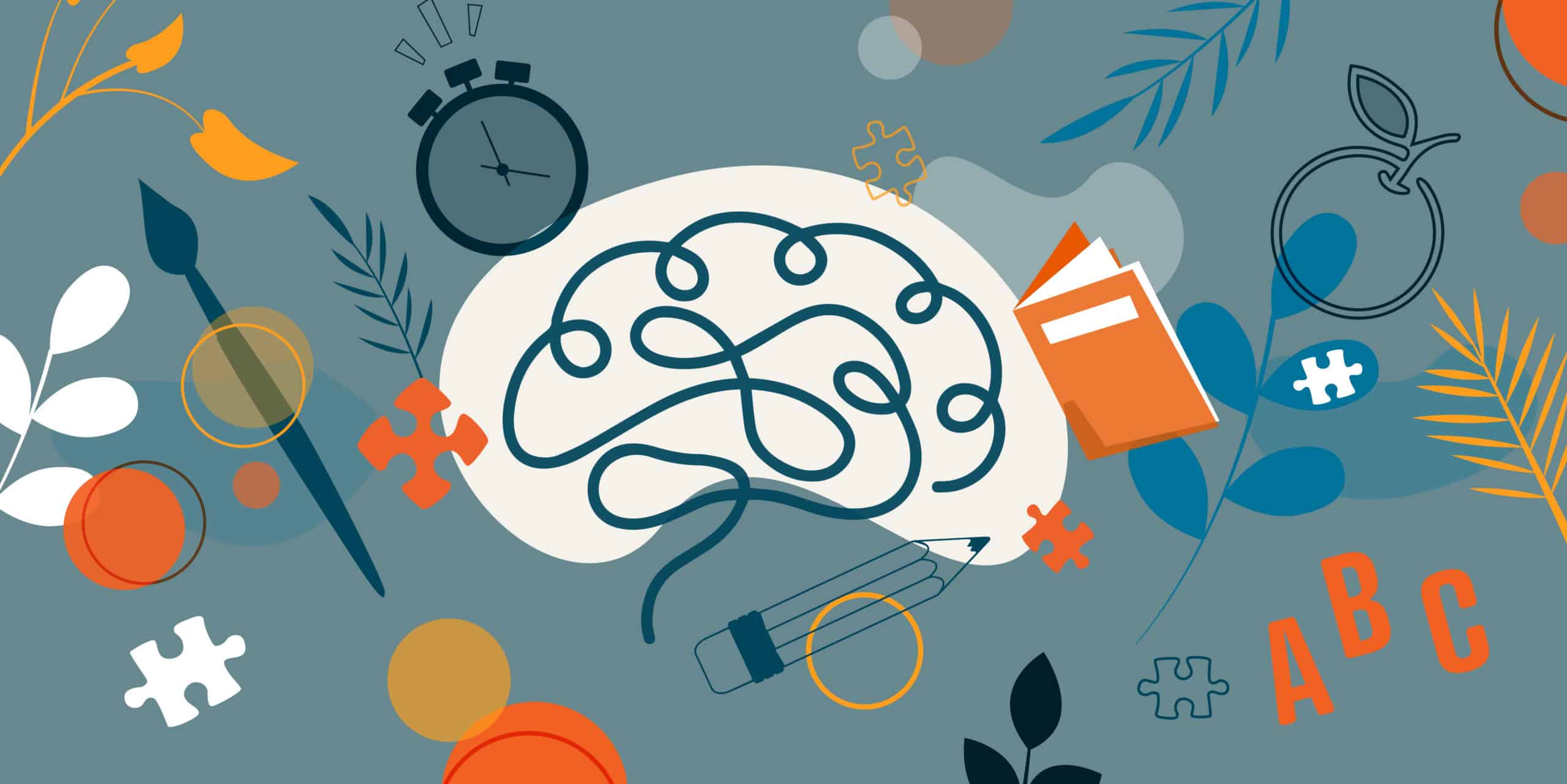If you’re of a certain age, you probably recall the days when talking openly about, or acting openly on, mental health challenges was heavily stigmatized. You might be seen as weak, or worse, crazy. Thankfully, the culture has changed for the better. The world is waking up to the fact that mental health is as important a consideration for individuals as their physical health. This critical shift in perception and understanding is being brought about, in no small part, by people like Behavioral Therapist Danielle Young and Assistant Clinical Director Wendy Grier, both of whom work for Advanced Behavioral Health—a family centered mental health practice with offices in five counties across Maryland.
Recently, Danielle and Wendy visited three schools, for the purpose of bringing greater awareness to the mental health challenges of elementary, middle, and high school students, as well the resources available for students, teachers, and families. Following are short summaries of Danielle and Wendy’s experiences at each of these schools.
Carmody Hill Elementary
Carmody Hill Elementary is located in Capitol Heights, Maryland. Danielle and Wendy went to the school to shine a light on the recent Wellness Walk & Mental Health Extravaganza held there. The event brought together the school’s students, families, and teachers—as well as community members—to explore a wide range of free mental health and wellness resources, psychoeducational opportunities, and interactive activities.
The two spoke to Shannon Bell, Carmody Hill’s mental health coordinator, who had this to say about the day’s events: “It’s Mental Health Awareness Month. So we’re here with the students and families increasing awareness about mental health and physical health, and how important it is to take care of both. In particular, we’re trying today to convey that mental health starts at home, and that there are ways parents can support their children’s mental health. We also wanted to bring awareness to the resources we have in our county, because we do have a wealth of them, including free telehealth services.”
Learn more about Danielle and Wendy’s visit to Carmody Hill Elementary in this episode of Making A Difference in Mental Health, the duo’s popular mental health podcast.
Kenmore Middle School
Kenmoor Middle School is located in Landover, Maryland. Danielle and Wendy went to the school to highlight the recent Community School Wellness Walk held there, where students, families, and residents from across Prince George’s County gathered for a day dedicated to mental and physical wellness. One of the event coordinators, Dakari Taylor Watson, had this to say about the day’s events: “I’m one of five members of the Office of Community Schools for this particular cohort. Each of us represent a different school, and so we deal with mental health issues every day. We knew it was super important for us to get out into the community—to educate, to be educated, and to champion mental health. This is an opportunity for us to be able to share our resources with the whole community.”
Learn more about Danielle and Wendy’s visit to Kenmoor Middle School in this episode of Making A Difference in Mental Health, the duo’s popular mental health podcast.
DuVal High School
DuVal High School is located in Lanham, Maryland. Danielle and Wendy went to the school to attend the recent Community Wellness Fair, which included psycho-educational workshops, interactive activities, and opportunities for social connection—all designed to support the well-being of students and their families. Here’s what one parent had to say about the day’s events: “This event is really important because it showed all the mental health resources for students you may not have been aware of.” And here’s what a ninth grader who attends the school had to say about the fair: “Mental health education and awareness is so important, because when you’re struggling with something, you have to express it in some way, a positive way. You have to allow yourself to be open with what’s going on with you. We all need people in life who can help us.”
Learn more about Danielle and Wendy’s visit to DuVal High School in this episode of Making A Difference in Mental Health, the duo’s popular mental health podcast.
